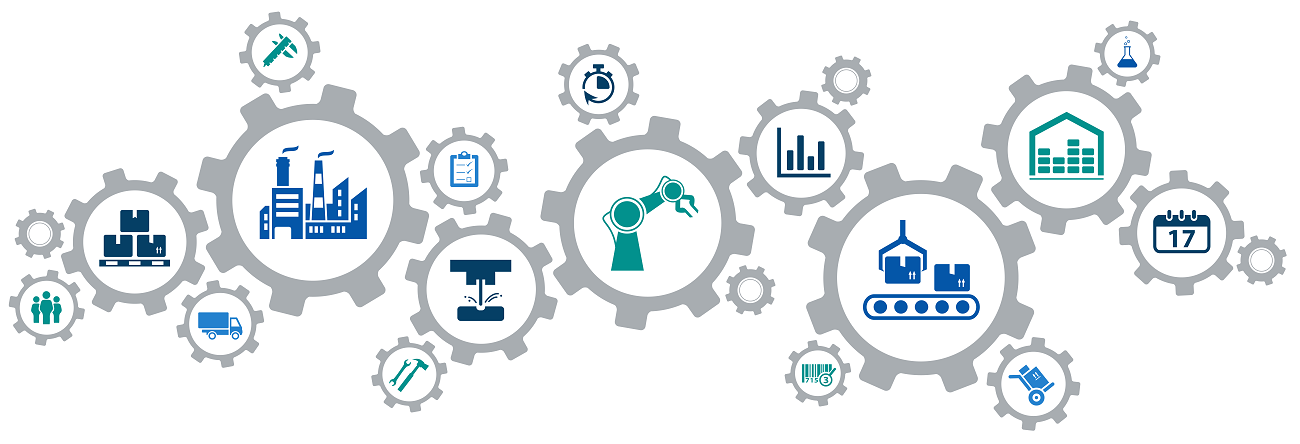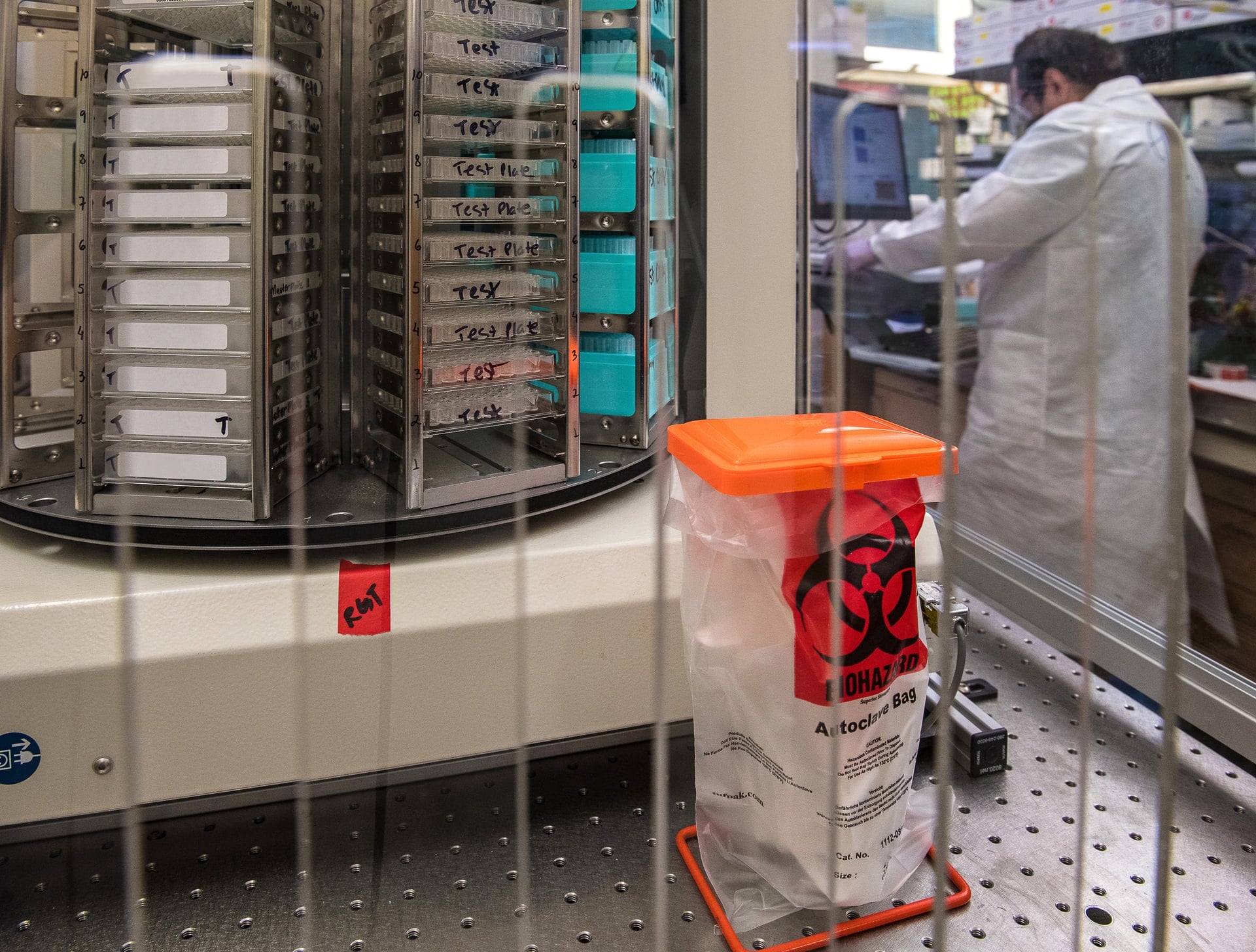Running a successful business requires setting up systems that integrate your daily operations for enhanced productivity and efficacy. One of the primary systems your business needs is an Enterprise Resource Planning (ERP) system.
In this article, you’ll learn how SAP ERP systems apply to manufacturing.
If you want to learn more about the pros and cons of SAP ERP systems, you can read further in-depth on the topic at the link above.
Understanding ERP Systems
Traditionally, ERP systems were uniform suites that could not be integrated with other systems. So, they required expensive and sophisticated coding to suit different business needs. This made the implementation or optimization of new technologies almost impossible. Today, ERP systems have improved significantly, bringing various procedures and systems together in a single fluid system.
They offer data connectivity with other ERP systems, along with project management, customer engagement, and e-commerce tools. For instance, you can use SAP Business ByDesign integration to bring all your systems and business processes together for seamless operations across the company. By integrating your different processes, you’ll have a better insight into your operations, helping you identify the areas that need to be optimized.
An ERP system offers flexible deployment options, enhanced security, low-code customization, and sustainability. This builds continuity and resilience in your business processes, allowing you to innovate on the go and prepare for the future.
ERP systems are also very useful in supply chain management. They save you the trouble of entering data by hand and tracking inventory in your warehouse manually. There are numerous other benefits of using SAP software for supply chain management.
ERP Systems in Manufacturing
Unlike generic ERP systems, manufacturing ERP systems are specifically designed for manufacturers, offering advanced functionalities for manufacturing-specific requirements. These systems can integrate core business processes with manufacturing processes, allowing you complete visibility and control over your business. ERP systems designed with manufacturing in mind often offer unique integrations with third-party tools to streamline your entire supply chain management workflow.
Is Your Manufacturing Business Ready For An ERP System?
Since a manufacturing ERP system is designed specifically to meet the needs of businesses in the manufacturing industry, they can be instrumental in helping you streamline your overall workflow processes. But when does this type of ERP system become necessary? You should consider getting an ERP system when you find that your manufacturing business has grown beyond the point where you can easily manage everything manually. This type of system also becomes necessary if your current business systems and procedures aren't supporting the growth of your business. For example, if your existing systems and processes lack the required security solutions, you need an ERP system.
Best ERP Systems for Manufacturing
The best manufacturing ERP systems help support Adaptive Manufacturing Enterprises (AME) to swiftly adjust to changes and disruptions in the manufacturing industry, giving you a competitive advantage. Several types of ERP systems and deployment options are available. These systems range in size, performance, and intended use. Here are the three main types of ERP systems used in manufacturing.
On-Premise ERP System
This system is designed to give you complete control, support, and ownership of your operations. It comprises the costs and risks involved in managing hardware and system infrastructure for manufacturers.
Cloud-Based ERP System
This kind of ERP system offers you a comprehensive and flexible solution with constant support, technical improvements, user training, and adaptive customization from System Applications and Products (SAP) - the ERP provider.
Hybrid ERP System
A hybrid ERP system offers you a combination of cloud-based and on-premise hosting and deployment services. It gives you the flexibility to switch between different delivery models and helps integrate benefits that are not available with current implementations.
Choosing An ERP System
An ERP system will benefit your manufacturing business in many ways. Through their use, you can improve communication, automate everyday business processes, and utilize real-time data to better manage your resources while satisfying customer needs. Along with production planning, a proper ERP system also enhances cost and project management.
If you find that you’re having trouble staying on top of all the different processes and procedures involved in your manufacturing business, it may be time to consider purchasing an ERP system. Through proper implementation, you’ll be able to free up significant portions of your time, along with reducing the likelihood of user-based errors, while simultaneously increasing the overall efficiency of your business procedures.







